The AMD 3rd Gen Ryzen Deep Dive Review: 3700X and 3900X Raising The Bar
by Andrei Frumusanu & Gavin Bonshor on July 7, 2019 9:00 AM ESTTest Bed and Setup
As per our processor testing policy, we take a premium category motherboard suitable for the socket, and equip the system with a suitable amount of memory running at the manufacturer's maximum supported frequency. This is also typically run at JEDEC subtimings where possible.
It is noted that some users are not keen on this policy, stating that sometimes the maximum supported frequency is quite low, or faster memory is available at a similar price, or that the JEDEC speeds can be prohibitive for performance. While these comments make sense, ultimately very few users apply memory profiles (either XMP or other) as they require interaction with the BIOS, and most users will fall back on JEDEC supported speeds - this includes home users as well as industry who might want to shave off a cent or two from the cost or stay within the margins set by the manufacturer. Where possible, we will extend out testing to include faster memory modules either at the same time as the review or a later date.
| Test Setup | |||||
| AMD 3000*1 | R9 3900X R7 3700X |
MSI MEG X570 Ace |
7C35v12 7C35v11*2 |
Wraith Prism | G.Skill TridentZ 4x8 GB DDR4-3200 CL16 16-16-16-36 |
| AMD 2000 | R7 2700X R5 2600X R5 2500X |
ASRock X370 Gaming K4 |
P4.80 | Wraith Max* | G.Skill SniperX 2x8 GB DDR4-2933 |
| AMD 1000 | R7 1800X | ASRock X370 Gaming K4 |
P4.80 | Wraith Max* | G.Skill SniperX 2x8 GB DDR4-2666 |
| AMD TR4 | TR 1920X | ASUS ROG X399 Zenith |
0078 | Enermax Liqtech TR4 |
G.Skill FlareX 4x8GB DDR4-2666 |
| Intel 9th Gen | i9-9900K i7-9700K i5-9600K |
ASRock Z370 Gaming i7** |
P1.70 | TRUE Copper |
Crucial Ballistix 4x8GB DDR4-2666 |
| Intel 8th Gen | i7-8086K i7-8700K i5-8600K |
ASRock Z370 Gaming i7 |
P1.70 | TRUE Copper |
Crucial Ballistix 4x8GB DDR4-2666 |
| Intel 7th Gen | i7-7700K i5-7600K |
GIGABYTE X170 ECC Extreme |
F21e | Silverstone AR10-115XS |
G.Skill RipjawsV 2x16GB DDR4-2400 |
| Intel 6th Gen | i7-6700K i5-6600K |
GIGABYTE X170 ECC Extreme |
F21e | Silverstone AR10-115XS |
G.Skill RipjawsV 2x16GB DDR4-2133 |
| Intel HEDT | i9-7900X i7-7820X i7-7800X |
ASRock X299 OC Formula |
P1.40 | TRUE Copper |
Crucial Ballistix 4x8GB DDR4-2666 |
| GPU | Sapphire RX 460 2GB (CPU Tests) MSI GTX 1080 Gaming 8G (Gaming Tests) |
||||
| PSU | Corsair AX860i Corsair AX1200i |
||||
| SSD | Crucial MX200 1TB **Crucial MX300 1TB |
||||
| OS | Windows 10 x64 RS3 1709 Spectre and Meltdown Patched **Windows 10 x64 1903 Spectre and Meltdown Patched |
||||
| *1 Ryzen 3000 series has been tested in a different environment. *2 Initial Review BIOS - Graphs results are marked with ** |
|||||
We must thank the following companies for kindly providing hardware for our multiple test beds. Some of this hardware is not in this test bed specifically, but is used in other testing.
Security Mitigrations
The systems have applied the latest Spectre and Meltdown mitigation patches where applicable. Meanwhile we should note that while the ZombieLoad exploit was announced earlier this year as well, the patches for that have not been released yet. We'll be looking at those later on once they hit.
Article Testing Methodology Update (July 8th):
We ran our original review numbers with the latest available firmware for the MSI MEG X570 ACE motherboard last week (Version 7C35v11). On Saturday the 6th MSI had shared with us a notice about a new version coming out, which became available to download to us on Sunday the 7th, the launch day and date of publication of the review.
We’ve had more time to investigate the new firmware, and have discovered extremely large changes in the behaviour of the frequency boosting algorithm. The new firmware (Version 7C35v12) for the motherboard contains AMD’s new ComboPI1.0.0.3.a (AGESA) firmware.
We discovered the following direct measurable effects between the two firmware versions:
(Note: This is a custom test that uses a fine-grained looping timed fixed instruction chain to derive frequency; it showcases single-core frequency)
We notice a significant change in the CPU’s boosting behaviour, now boosting to higher frequencies, and particularly at a faster rate from idle, more correctly matching AMD’s described intended boost behaviour and latency.
We’re currently in the process of re-running all our suite numbers and updating the article where necessary to reflect the new frequency behaviour.
Article Testing Methodology Update (July 9th):
We've updated the article benchmark numbers on the Ryzen 9 3900X. We've seen 3-9% improvements in exclusive ST workloads. MT workloads have remained unchanged, Gaming had both benefits and negatives. We continue to work on getting updated 3700X numbers and filling out the missing pieces.
Original BIOS results are as of first publication are marked with ** in the graphs.
Article Testing Methodology Update (July 10th):
We've also updated our Ryzen 7 3700X results now. Ultimately our conclusions haven't changed, but AMD does narrow the gap a bit more. For a full summary of our findings, please check out this article.


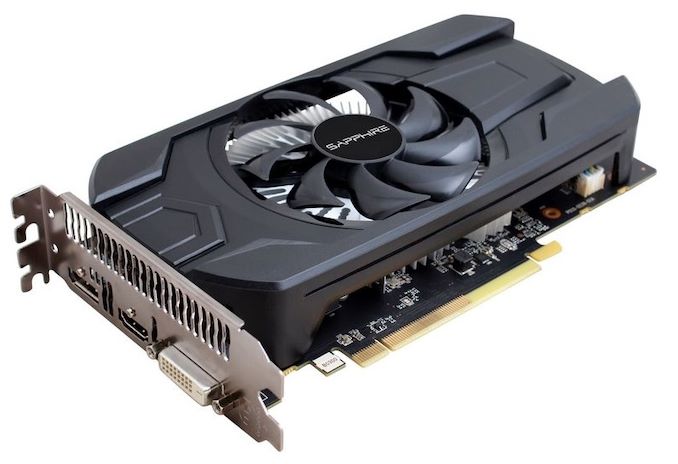
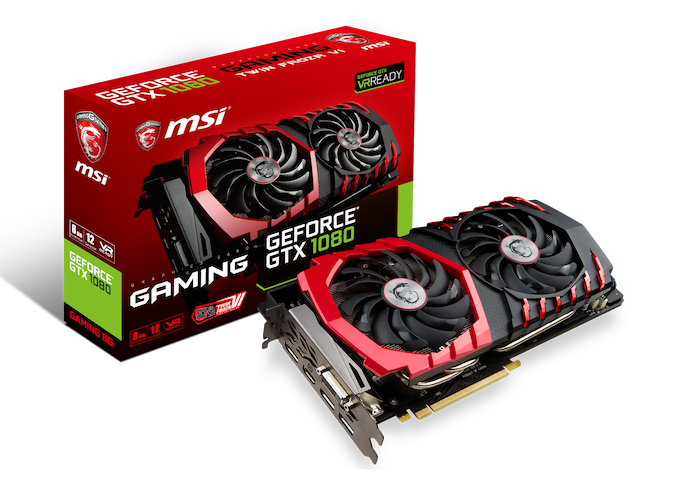
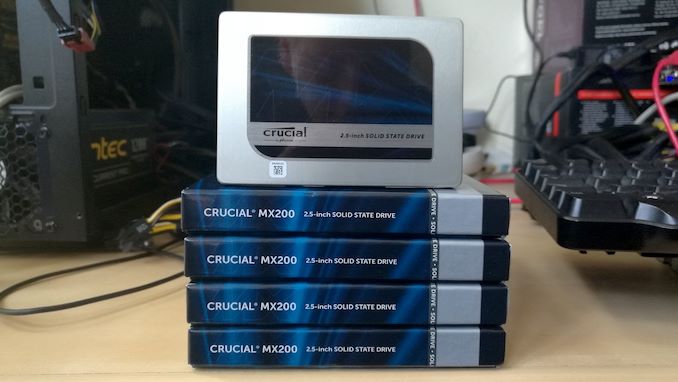
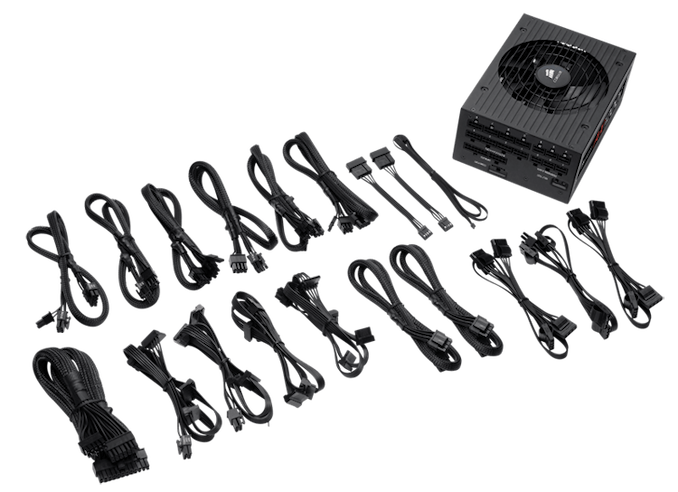
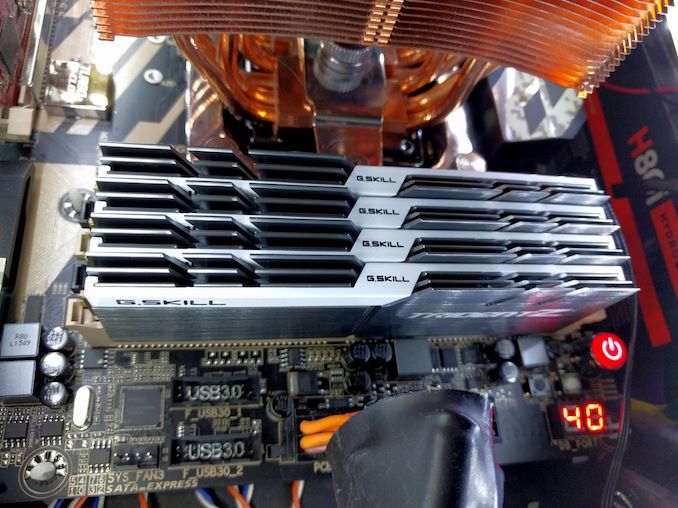
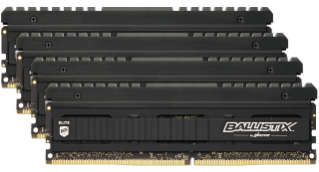
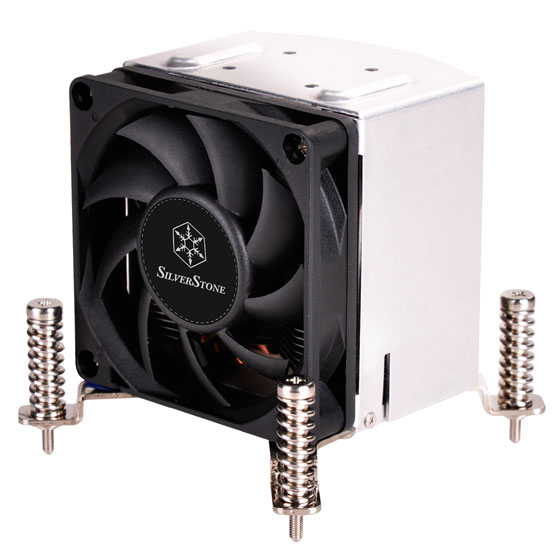
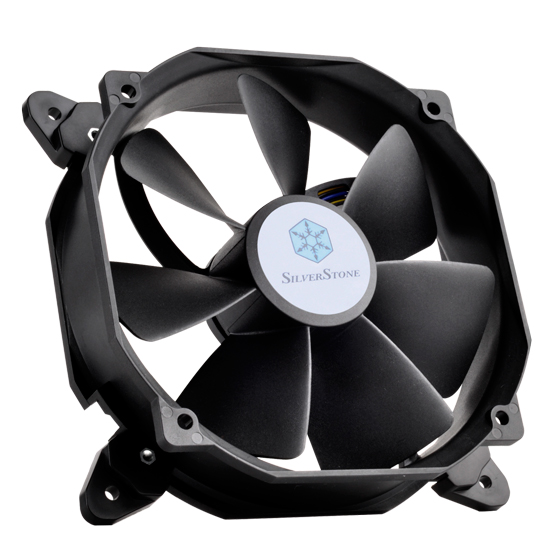









447 Comments
View All Comments
djayjp - Sunday, July 7, 2019 - link
So results for Intel chips are completely invalid then.futrtrubl - Sunday, July 7, 2019 - link
You will need to have to explain that then. Comparing Intel with mitigations vs AMD with mitigations.djayjp - Sunday, July 7, 2019 - link
No. Fallout/ZombieLoad does not affect AMD chips.djayjp - Sunday, July 7, 2019 - link
Intel performance will suffer whereas AMD's won't be affected.WaltC - Sunday, July 7, 2019 - link
Ha-ha...;) So because AMD has a newer architecture without most of the vulnerabilities that plague Intel's ancient CPU architectures--it should be held against AMD? Rubbish...;) Look, what is unfair about testing both architectures/cpus with all the mitigations that each *requires*? I can't see a thing wrong with it--it's perfect, in fact.extide - Sunday, July 7, 2019 - link
They tested Intel WITHOUT Fallout/ZombieLoad which would affect them. Probably not by much, though, honestly.RSAUser - Monday, July 8, 2019 - link
Well the results are close enough for a lot of tests to be error margin, that the mitigation would put AMD in the lead.The tests should reflect real world as of when the article is published, using old results without declaring that Intel doesn't have mitigation applied on every page is the equivalent of falsifying the results as people will buy based on these tests.
mkaibear - Monday, July 8, 2019 - link
"using old results without declaring that Intel doesn't have mitigation applied on every page is the equivalent of falsifying the results as people will buy based on these tests."Oh, that's just inane. They quite openly state the exact test specification on the "Test Bed and Setup" page, including which mitigations are applied. Arguing that not putting one particular piece of information on every page means it's the equivalent of falsifying the results is completely ridiculous.
RSAUser - Tuesday, July 9, 2019 - link
How many go through the test bed set up page?Meteor2 - Sunday, July 14, 2019 - link
Pretty much everyone reading such an in-depth review, I should think.